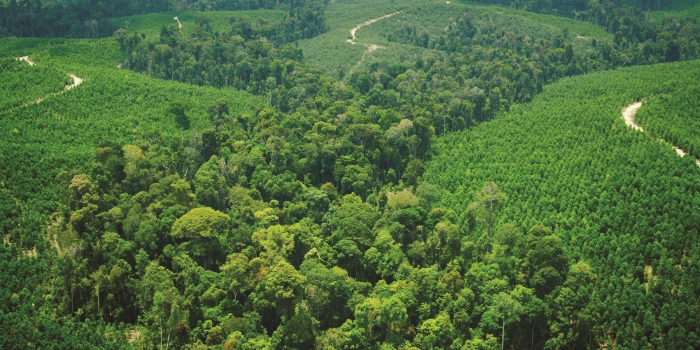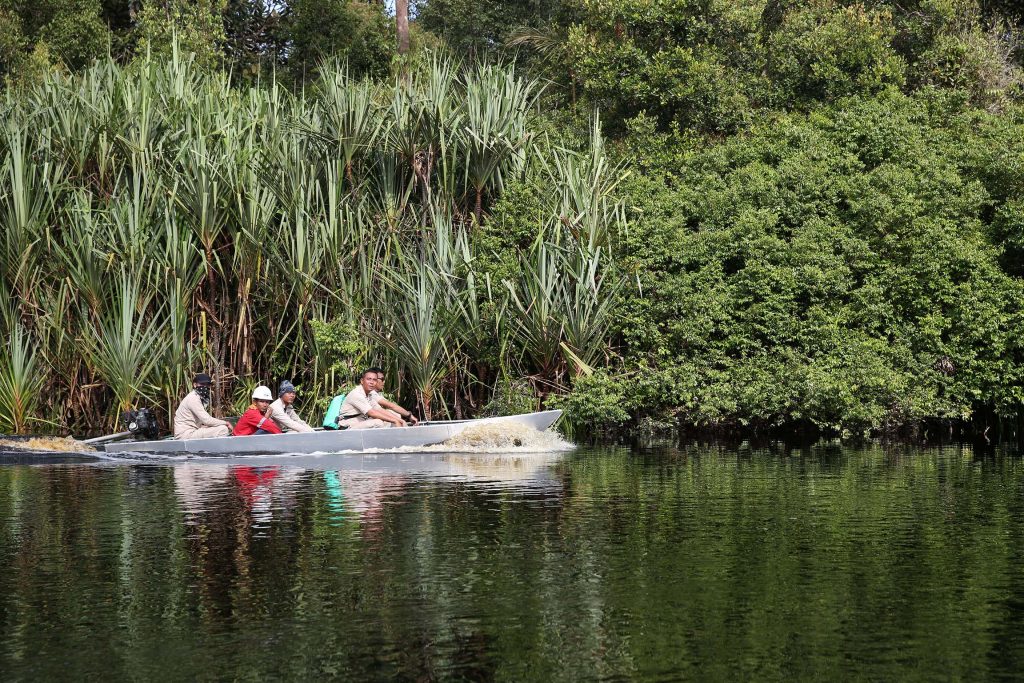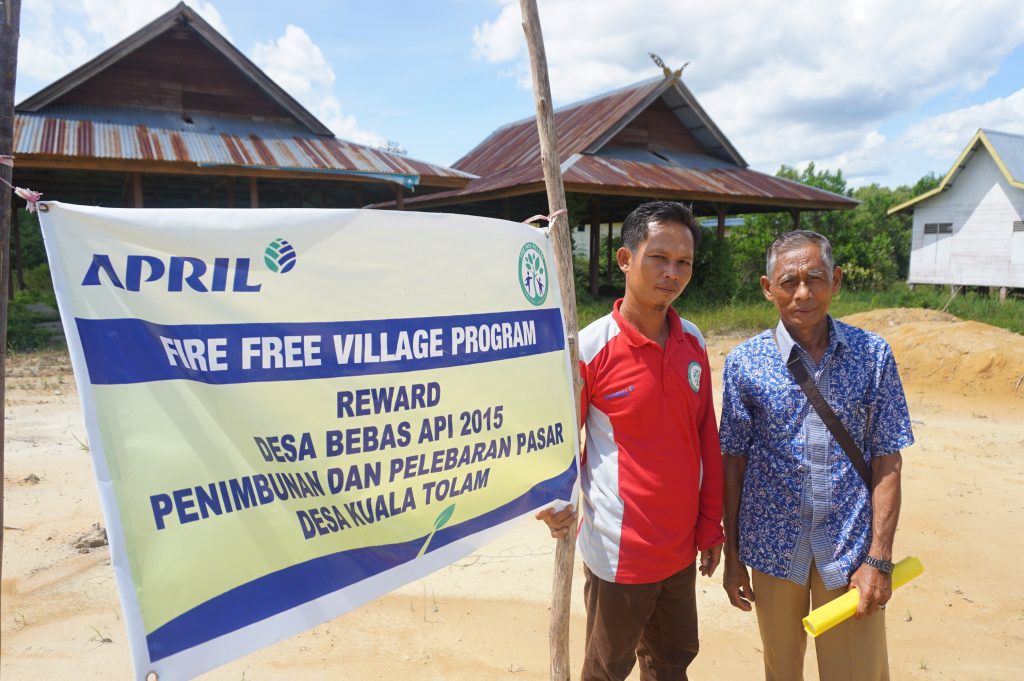APRIL Group and community united in haze challenge
APRIL Group and...

Latest updates on what's happening in RGE Group

The Lee Kuan Yew School of Public Policy (LKYSPP) featured APRIL in a case study entitled “A Production-Protection Model for Sustainable Pulp & Paper Operations in Riau, Indonesia”. It tells how APRIL “took steps to balance the economic and environmental concerns of paper production while taking into account multiple stakeholders, including the Indonesian government, local communities and consumers.”
LKYSPP Research Associate and case study author Tara Thean conducted a series of on-site visits in Kerinci, as well as interviews with the company’s senior management including APRIL Chairman Bey Soo Khiang. Bey explained that RGE founder and Chairman Sukanto Tanoto takes a fairly long view in his approach to business. This 5Cs approach requires any RGE business group to do what is good for the Community, Country, Climate, Customer – only then will it be good for the Company. “We take a holistic view of development,” remarked Bey. “Lots of people’s lives are depending on it.”
The Production-Protection Model is APRIL’s approach to landscape management – a recognition that communities are necessarily and rightfully part of the process of ensuring sustainable operations. APRIL identifies, manages and balances interests of multiple actors in the landscape, especially those whose interests exert additional pressure on the company’s conservation and restoration efforts, as well as its fire management strategy.

RER conducts regular patrols along the Serkap river to prevent illegal activities such as bird poaching and logging
Involving communities is an important aspect for APRIL’s Restorasi Ekosistem Riau (RER) programme – a collaborative project that brings together private and public sector groups to protect, assess, restore and manage some 150,000 hectares of peatland on Indonesia’s Kampar Peninsula. RER Operations Head Bradford Sanders says that apart from hiring locals, RER works with communities to prevent further degradation of the forest through canal drainage, animal poaching and burning. RER works with local NGOs such as Bidara to teach communities alternative forms of livelihood such as chilli farming.
APRIL’s fire management strategy prioritised community collaboration and education. Its Fire-Free Village Program (FFVP) provides infrastructure rewards to villages that demonstrate their fire free record. Forest Protection Manager Craig Tribolet shared that it wasn’t an easy sell in the beginning as it involved a behavioural shift for communities. “We had lots of cups of tea with community members trying to discuss the issue,” Tribolet said. “We wanted to ensure some alignment in terms of the recognition of the problem and community expectations… what they think they need to resolve the issue. At its core, it is working with villages to understand their motivations.”

APRIL’s FFVP works with villages, providing access to tools and livelihood training
Apart from communities, the company also works with other stakeholders to get their input and perspectives. APRIL sustainability manager Tim Fenton said, “From a business perspective, we want to make sure all our practices are sustainable over time. That means managing our resources to the best known science to ensure business going forward in the future.”
As part of the company’s commitment to sustainability, it established the Stakeholder Advisory Committee (SAC) comprised of independent forestry and social development professionals. They monitored and provided feedback of the implementation of APRIL’s Sustainable Forest Management Policy (SFMP 2.0). This was followed by the establishment of the Independent Peat Expert Working Group (IPEWG) which provides the company with advice and peer review in its peatland management efforts.
Remarking on APRIL’s engagement of its various stakeholders, author Thean said, “This case study tells the story of one company’s attempt to balance the demands of growth and sustainability in Sumatra, Indonesia amid government regulation, public scrutiny and socioeconomic pressures.”
Click here to access the case study.
